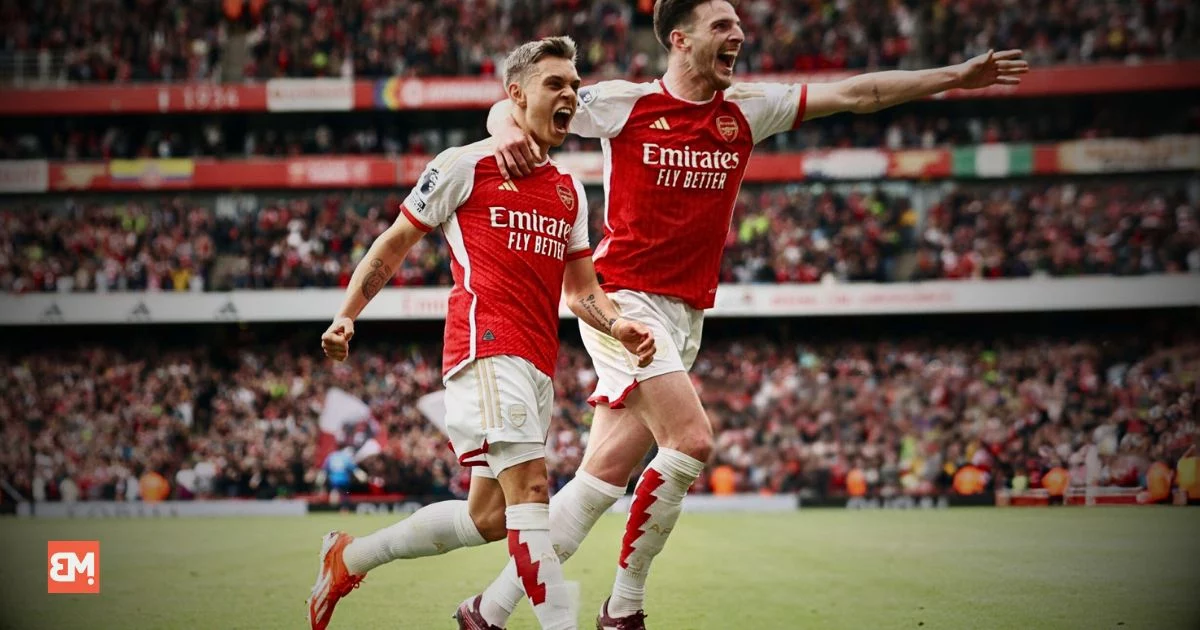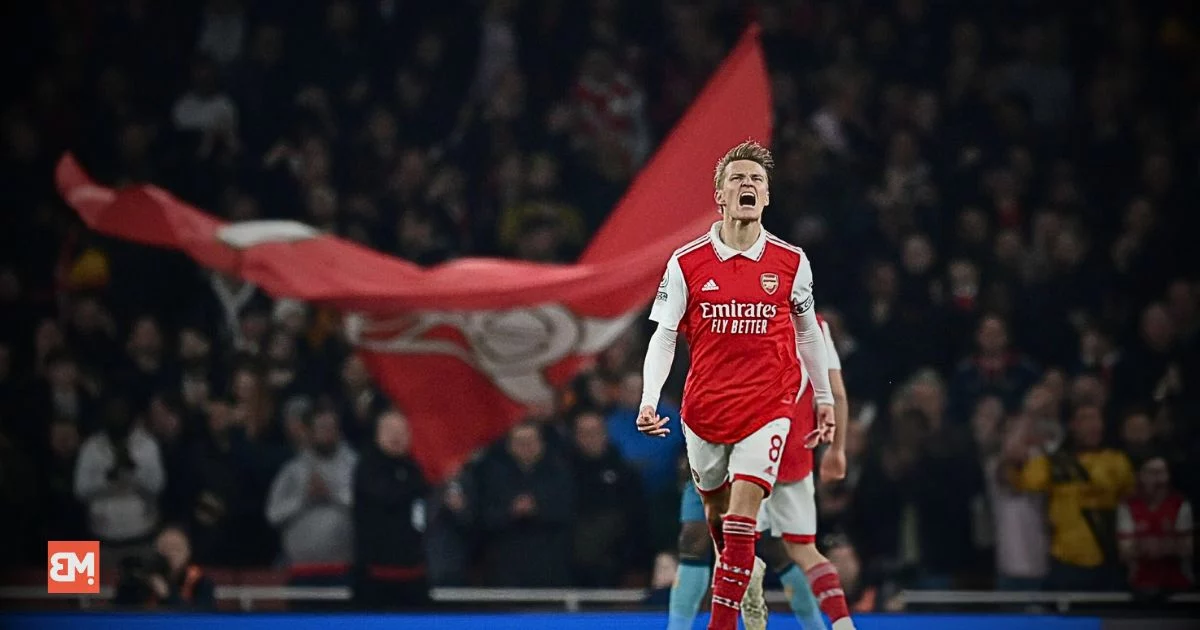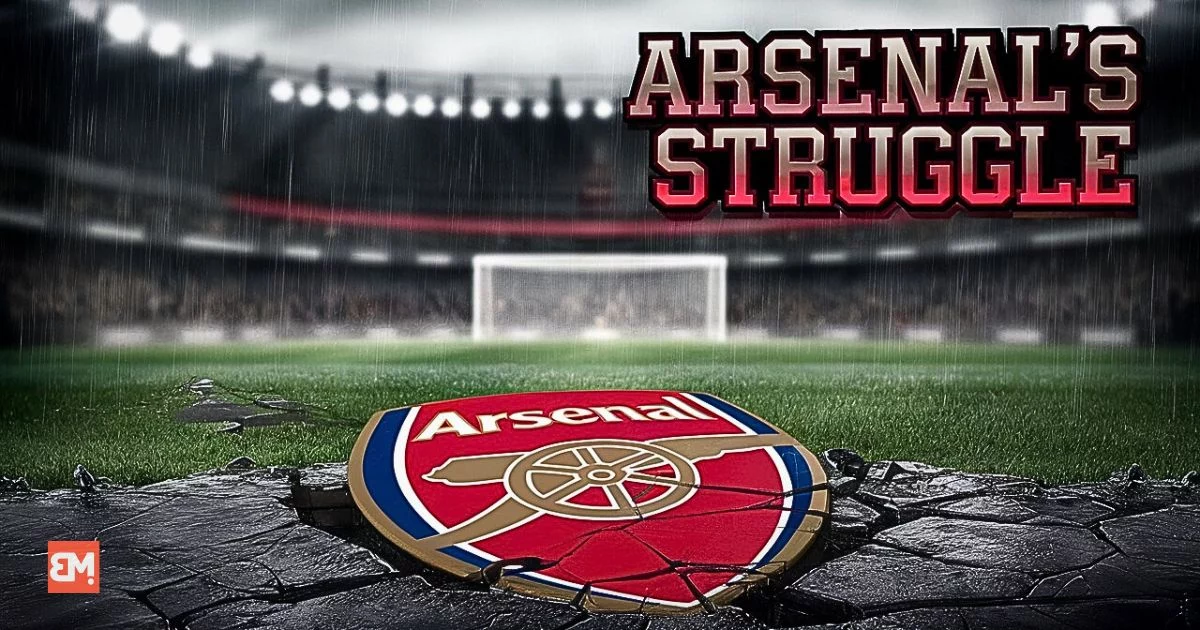If Arsenal secures second place this season, it will mark their third consecutive runner-up finish in the Premier League, making this team the third most consistently successful in the club’s history, behind only Herbert Chapman’s team of the 1930s and Arsène Wenger’s squad of 1998-2005.
The narrative? Failure. The reality? It is one of the most consistent and competitive teams in modern Arsenal history. But in a football world obsessed with binary success—win or bust—does finishing second mean failure?
The Zero-Sum Myth in Football
Football sells the illusion that only winners matter. “Win or fail” is the mantra, and anything less than first place is painted as a collapse. But this logic is flawed. Arsenal’s top two finishes under Mikel Arteta are progress, not failure.

Since taking over, Arteta’s league finishes have improved from 8th to 2nd. Only two eras have been more dominant: the Herbert Chapman 1930s side and Arsène Wenger’s late 90s to mid-2000s golden years. That’s an elite company. Yet, pundits and fans still ask, What’s wrong with them ?
The Title Was There for the Taking—or Was It?
Liverpool and Manchester City have set a ridiculous standard in the league. Arsenal is competing in an era where second place often means you’re a historically great side that just happened to fall short against an all-time great team.
This season Liverpool has beaten the champions of Spain, Germany, France, and England (twice), all without conceding a goal. Yet they’re labeled “middling champions.”. If even they are questioned, what chance does Arsenal have of avoiding scrutiny?
The Striker Dilemma—A Fatal Flaw or a Calculated Gamble?
A common complaint is Arsenal’s lack of a proven goal scorer. No marquee No. 9 arrived in the last 18 months despite huge calls for a big center forward.
But was this negligence or a strategic decision? Arteta built an attack with Bukayo Saka, Kai Havertz, Gabriel Jesus, Gabriel Martinelli, and Martin Ødegaard—players who helped Arsenal score 91 league goals last season. The plan made sense.
But injuries screwed it up. Every key attacker has missed chunks of the season. Ødegaard and Saka—Arsenal’s attacking hub—have played just 10 league games together.
A striker would have helped, but Arsenal was looking for the right player, not just any big name. Manchester United is the perfect example of throwing money at the problem.
Would Alexander Isak or Victor Osimhen have won the title? Maybe. Maybe not. Arsenal decided the right option wasn’t available, and patience was better than panic buying.
The “Too Intense” Argument
Another argument? Arsenal is too intense. They get too many red cards. They celebrate too much. They wear themselves out.
But what’s the alternative? When Arteta took over, they were lifeless. A soft team with senior players coasting. The intensity was non-negotiable. That’s why Arsenal is now a title challenger and not a Europa League team.
As Arteta said after Arsenal’s 7-1 win over PSV: “The Champions League is a different energy.” That’s a key point. This team is learning to balance domestic intensity with European ambitions.
Second Place Isn’t Failure—It’s a Step Forward
In the “zero-sum” football mentality, second place is failure. But Arsenal is proving that’s bollocks.

They’re building something for the long term, not chasing short-term success. Could they have done better? Yes. But should this season be considered a disappointment? No.
The real point? Sometimes second place just means someone else was better. And that’s fine.

